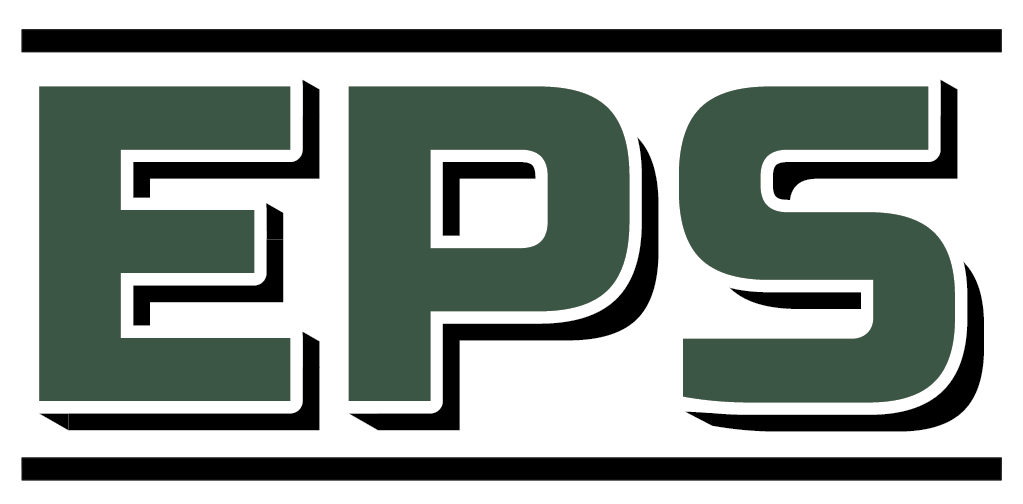As a manager, you know the importance of defining, implementing and evaluating key performance indicators for your business to understand how well your company is achieving its performance goals. In the oil and gas industry, there are many ways to define KPIs such as financial goals, production goals, and sales and distribution goals. KPIs are great for forecasting, planning, tracking and managing your supply chain so you can streamline your operations as your business scales.
By analyzing past data, KPIs can predict future outcomes and guide important decision-making. And while it is crucial to address each element of supply chain management, from shorebase dispatching to rig operations, it can also be a rigorous process. Using an established outsourcing company with experience in supply chain management can help you ensure every critical area of your operation is functioning as efficiently and smoothly as possible.
Logistics
The day-to-day operation of your business requires the accountability of many key employees. Effective management assures smooth operation of the movement of goods, handling of materials, personnel safety and cost control. If your dock crews are not in position with proper equipment when shipments arrive, your project’s efficiency can be significantly affected. Transportation and storage of materials must be coordinated to avoid overstocking or understocking.
Cost analysis, cost tracking and material tracking are valuable KPIs that can help you measure the financial elements of your supply chain as well as its efficiency. If you identify a dip in your performance, practical indicators are one of the many KPIs that can help you distinguish the root cause, i.e. your staff’s cooperation in adhering to transportation and shipping procedures may be affecting your delivery schedules or their noncompliance to applicable regulations may be bottlenecking your vessel crew. Lapses in both quantitative and practical indicators cost money, affect downtime and can threaten the safety of your personnel and equipment.
Logistics software systems for cargo and material management help streamline this process. Software developed specifically for the oil and gas industry address the complexities inherent in your shipping, storage and handling processes. It delivers real-time information about the location and status of shipments, including scheduling, compliance with regulations, delivery and storage.
Hazardous Materials
Hazardous materials require special handling. Mishandling can cause injury or long-term environmental damage. It may also trigger fines, legal penalties or stop work orders. Managers must identify the type of material and provide required documentation for packaging, storing and movement of materials in accordance to federal, state and industry regulations. Most well-managed shorebase operations use a balanced scorecard system to measure how environmentally responsible their operations are in affiliation to hazardous materials. This scorecard is a mix of leading indicators (personal surveys regarding the company’s environmental and safety management system, safety and pollution prevention equipment and maintenance logs, etc.), intermediate indicators (violations in the handling, storing or transporting of hazardous materials, civil and administrative violations, etc.) and lagging indicators (loss of primary containment, injury incidents in the workplace, etc.).
Professional Supply-Chain Management Support
Expeditors & Production Services Co., Inc. offers complete supply chain management and shorebase services from integrated logistics support to personnel and compliance. Our logistics and safety staff are focused on safe material handling and minimizing vessel port time for lower expenses and a better bottom line. Contact EPS today to streamline your supply chain operations!

